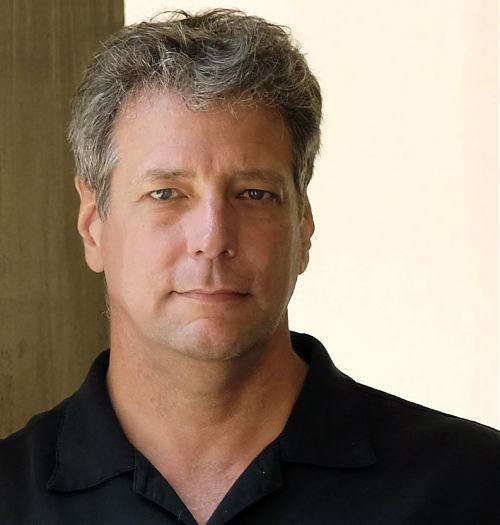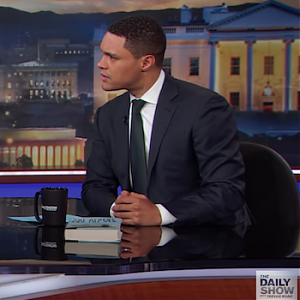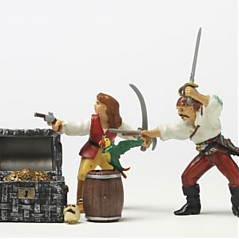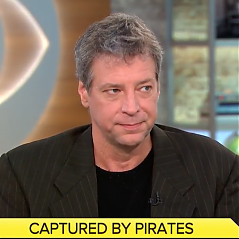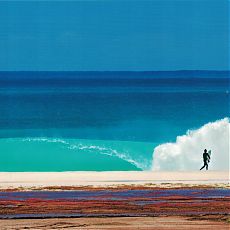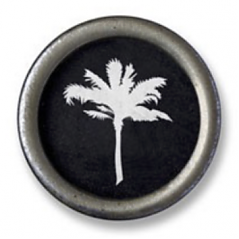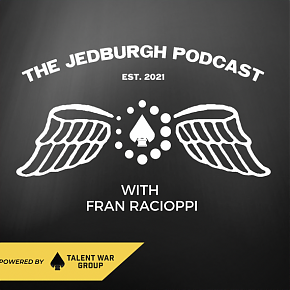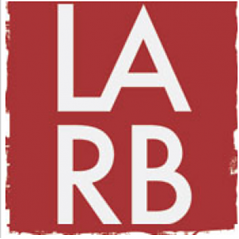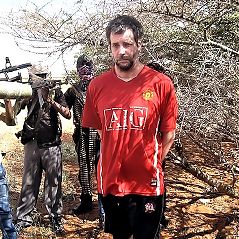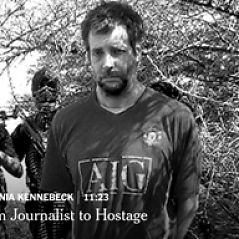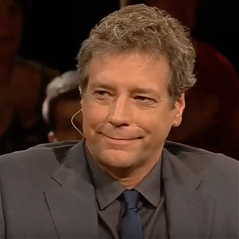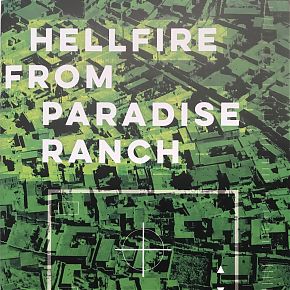A Map of the World
Sir Vidia’s shadow falls on David Hare
SF Weekly
April 2003
V.S. Naipaul has been a mandarin longer than most of the literary world has heard of him. He grew up in a large Indian family on Trinidad, the son of a journalist, and the Caribbean’s teeming poverty gave him a lifelong horror of chaos, crowds, and filth. As soon as possible he went to Oxford, and identified himself intellectually with the English tradition that lay behind his colonial upbringing. He writes about Third World countries with a mixture of understanding and contempt; you can’t read his books without noticing how much he hates steel-drum bands and reggae. He also famously turned up his nose at Salman Rushdie by calling the Ayatollah’s death sentence “an extreme form of literary criticism.” Naipaul has nevertheless written some of the century’s best novels, and the always-politically-oversensitive Nobel committee resisted giving him a warranted prize for decades until 2001, when a certain day in September made his sniffy observations about radical Islam impossible to ignore.
His elitism casts a pall on certain writers. Paul Theroux wrote a book about this paternalistic chill, Sir Vidia’s Shadow, but in some ways David Hare beat Theroux to the punch twenty years ago with a brilliant if contrived play called A Map of the World. The title comes from Oscar Wilde’s essay, “The Soul of Man Under Socialism”: “A map of the world that does not include Utopia is not even worth glancing at.” Hare is one of the most eloquent and measured liberal voices writing plays in English: He’s not a compulsive America-hater, like Pinter, or a one-sided editorialist, like Tony Kushner. From his youth in the ’60s he owes a lot of his politics to Marx, but he’s grown out of that, and A Map of the World was a very public part of the process.
World takes place in Bombay, at a 1978 UNESCO conference on poverty. Hare puts an ill-dressed young reporter from some left-wing British rag onstage, complaining to another journalist outside the conference hall about general conditions in India. Then Naipaul — or someone like him — strolls on suavely, and orders champagne. “Victor Mehta” was born and raised in India, so the two men start arguing right away about colonialism. “The India of the rich,” growls Stephen, the reporter, “how I despise it.” But Mehta the novelist believes that fashionably anti-Western liberals are more even condescending to the Third World than he is. “Socialism,” he scoffs. “A luxury of the wealthy. For the poor, a suicidal creed.”
And they’re off: For the next two hours, Stephen and Victor and a few other characters run through the relationship of poverty to wealth, the U.N. to the Third World, and England to her colonies. If that sounds dry, remember this is a David Hare play. He cuts to the essence of his material so skillfully that even the bits about socialism resonate now, in debates (for example) over liberating oppressed Iraqis. Hare also weaves his conversations into a love triangle involving an American woman, Peggy, and adds some international tension when an African delegation to the conference complains about something Mehta has written on Mozambique. Sex, politics, international controversy — Hare makes it fascinating stuff, and excuses himself for simplifying Naipaul and the young socialist by turning the UNESCO setting into a movie, being filmed ten years later by a slimy London director named Angelis (Dana Kelly).
Mark Farrell is perfect as Stephen, in his rumpled suit and loose tie; he throws the right amount of angry-young-man peevishness into his British accent. Amy Resnick is solid as Peggy, the American woman — who adds a women’s-lib motif to the show — and doubles gracefully as the British actress playing Peggy ten years on. David Winter also doubles well as Martinson, a smooth U.N. official in charge of the conference, and the decidedly un-smooth (in fact obnoxious) actor who plays him. Christine Odera gives two passionate, beautiful speeches as M’Bengue, a U.N. delegate from Senegal. “[Mehta] is hailed as a bringer of truth,” she says in a powerful African accent, “because he seeks to humiliate those who struggle.”
The whole thing works because of Clive Chafer’s careful directing; Chafer deserves as much credit as Hare for avoiding simple answers to the play’s provocative questions. Just mounting World in the Bay Area, and giving Mehta a chance to utter some of his woolier pronouncements, can seem impolite, not quite on, but Chafer grants all the characters their fair say, and his leading man, Terry Lamb, is more than up to the job of making Mehta seem intelligent and human.
Lamb is worldly, unruffled. What he lacks (compared to Naipaul) is both an impish sense of humor and a profound Asian gloom, the saturnine contempt that inspires Stephen to blurt at Mehta, “What you call the truth is nothing but a projection of your own despair and loneliness.” We don’t see that despair; Lamb is constitutionally too cheerful for it. But he fences nimbly during all the debates, and he’s in full command of Mehta’s strongest lines. “Mankind,” he declares, “has only one enemy. It is not poverty. It is self-deception.” The best part of Lamb’s performance — and A Map of the World — is that we sense both Mehta’s nose for self-deception and his inevitable weakness for it.
Michael Scott Moore
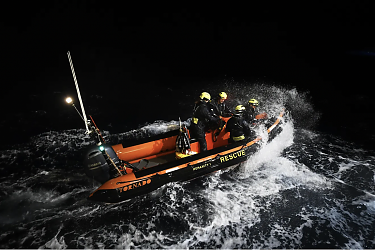
Rafts of the Medusa
Why every day on the Mediterranean is a new scandal for Europe. For both Foreign Policy and Die Zeit.
California’s Attempt at Land Reparations
How land seized from a Black family 100 years ago may be returned. The Bruce’s Beach story from a hometown angle, for The New Yorker
Day of the Oprichnik, 16 Years Later
The novelist Sorokin, the president Putin, his man Dugin, and the war in Ukraine. For n + 1.
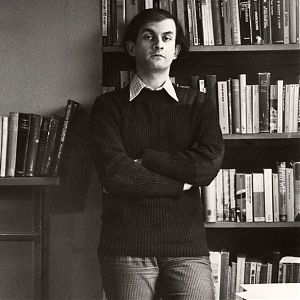
The Rushdie Narrative
Knife and the crumbling ground beneath free speech
There Must Be Some Way Out of Here
An essay on Bob Dylan, “All Along the Watchtower,” and Somali pirate captivity.
That Mystic Shit
The life of Lou Reed in two biographies

Cambodian Seafarers Talk About Pirates
Mike visits Cambodia for The New Yorker to talk about a harrowing shared experience in Somalia
The Muslim Burial
Cambodian hostages remember digging a grave for one of their own. A sequel chapter to The Desert and the Sea
The Real Pirates of the Caribbean
Adventure journalism in Southern California. A travel essay for The Paris Review.

Antifa Dust
An essay on anti-fascism in Europe and the U.S., for the Los Angeles Review of Books
Was Hitler a Man of the Left?
A book that helped Republicans in America lose their damn minds.
Ghosts of Dresden
The Allied firebombing of Dresden in 1945 destroyed the baroque center of what Pfc. Kurt Vonnegut called, in a letter home from Germany, “possibly the world’s most beautiful city.”
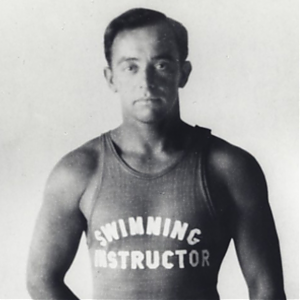
George Freeth, Biographed
The first academic treatment of America’s surf pioneer. Also, was Freeth gay?
It’s Called Soccer
Americans live on what amounts to an enormous island, defended on two shores by the sea, and we’ve evolved a few marsupial traditions that nobody else understands.
Tilting at Turbines (in the Severn River)
The morning was clear and cold, with frost on the church steeple and the cemetery grass. I had a quick English breakfast at a white-cloth table, in my wetsuit, and drove to Newnham, a village on the Severn River in Gloucestershire, parking near the White Hart Inn.
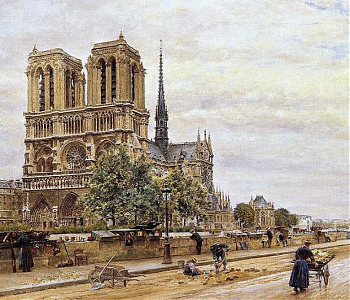
The Curse of El Rojo
I’d packed the car lightly — a bag of clothes, a bag of cassette tapes, a backpack of books, a few essential tools.









